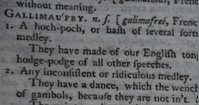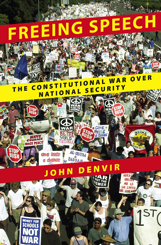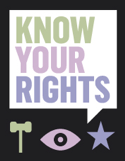 I’m sorry not to have been able to acknowledge the celebration of AFAF‘s International Academic Freedom Day on the day itself by a wonderful blog carnival on the right to learn, ably convened by Deirdre Duffy, and hosted by the ever-wondrous Human Rights in Ireland blog. I’ve blogged on academic freedom on many previous occasions (see especially here and here), and I’d like here look at some of the Irish legal aspects of the issue.
I’m sorry not to have been able to acknowledge the celebration of AFAF‘s International Academic Freedom Day on the day itself by a wonderful blog carnival on the right to learn, ably convened by Deirdre Duffy, and hosted by the ever-wondrous Human Rights in Ireland blog. I’ve blogged on academic freedom on many previous occasions (see especially here and here), and I’d like here look at some of the Irish legal aspects of the issue.
Section 14(1) of the Universities Act, 1997 (also here) provides that Irish universities have “the right and responsibility to preserve and promote the traditional principles of academic freedom” in the conduct of their internal and external affairs, and that they are entitled to regulate their affairs in accordance with their “independent ethos and traditions and the traditional principles of academic freedom”. This is an important guarantee of institutional autonomy, and is a sine qua non for the right of academics to teach, research, publish and participate in public debate without fear of retribution from their institutions. That right is secured by section 14(2) of the Act, which provides:
…A member of the academic staff of a university shall have the freedom, within the law, in his or her teaching, research and any other activities either in or outside the university, to question and test received wisdom, to put forward new ideas and to state controversial or unpopular opinions and shall not be disadvantaged, or subject to less favourable treatment by the university, for the exercise of that freedom.






 An extraordinarily important book is published today. It is Freeing Speech: the Constitutional War Over National Security (
An extraordinarily important book is published today. It is Freeing Speech: the Constitutional War Over National Security (